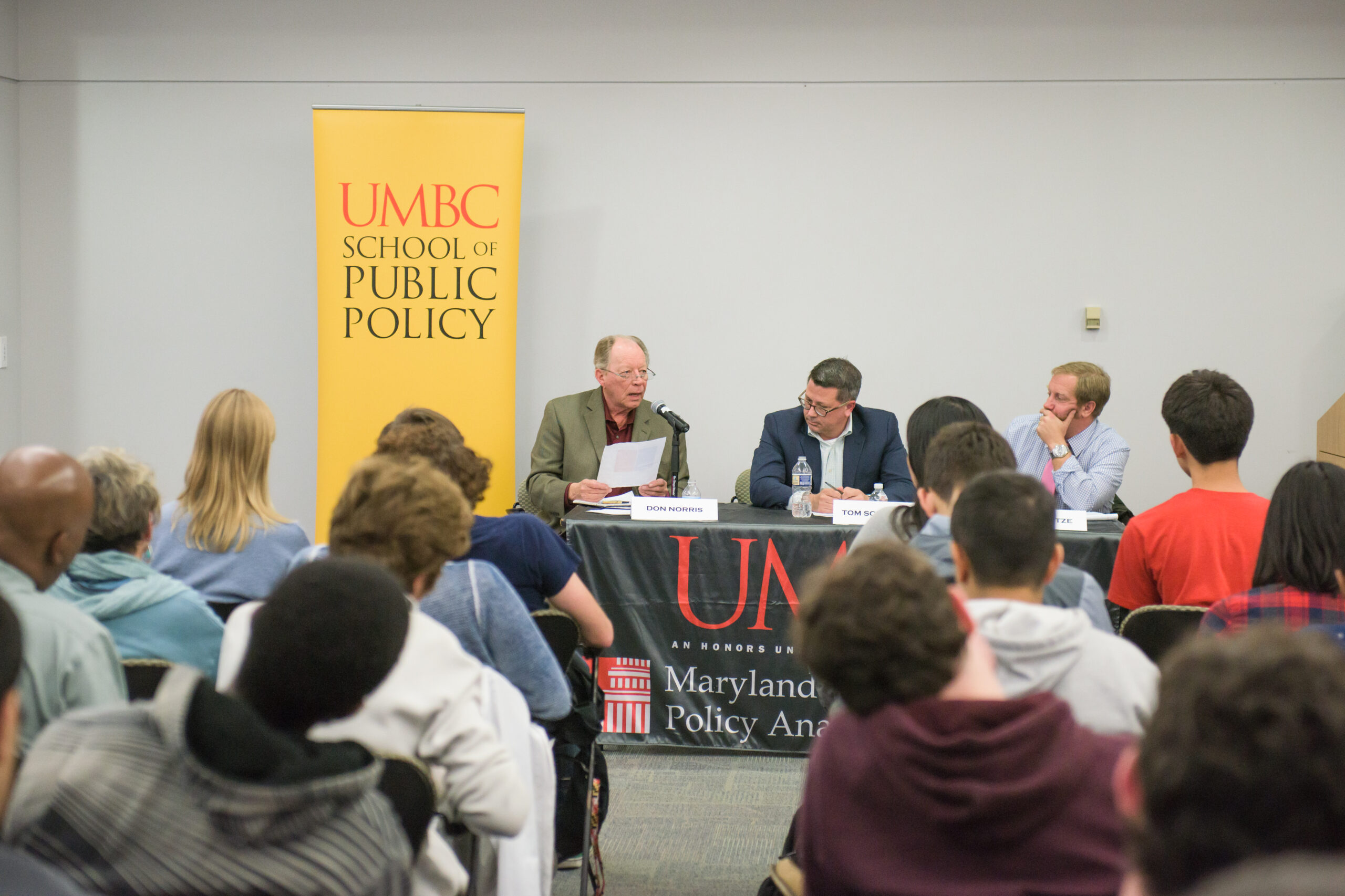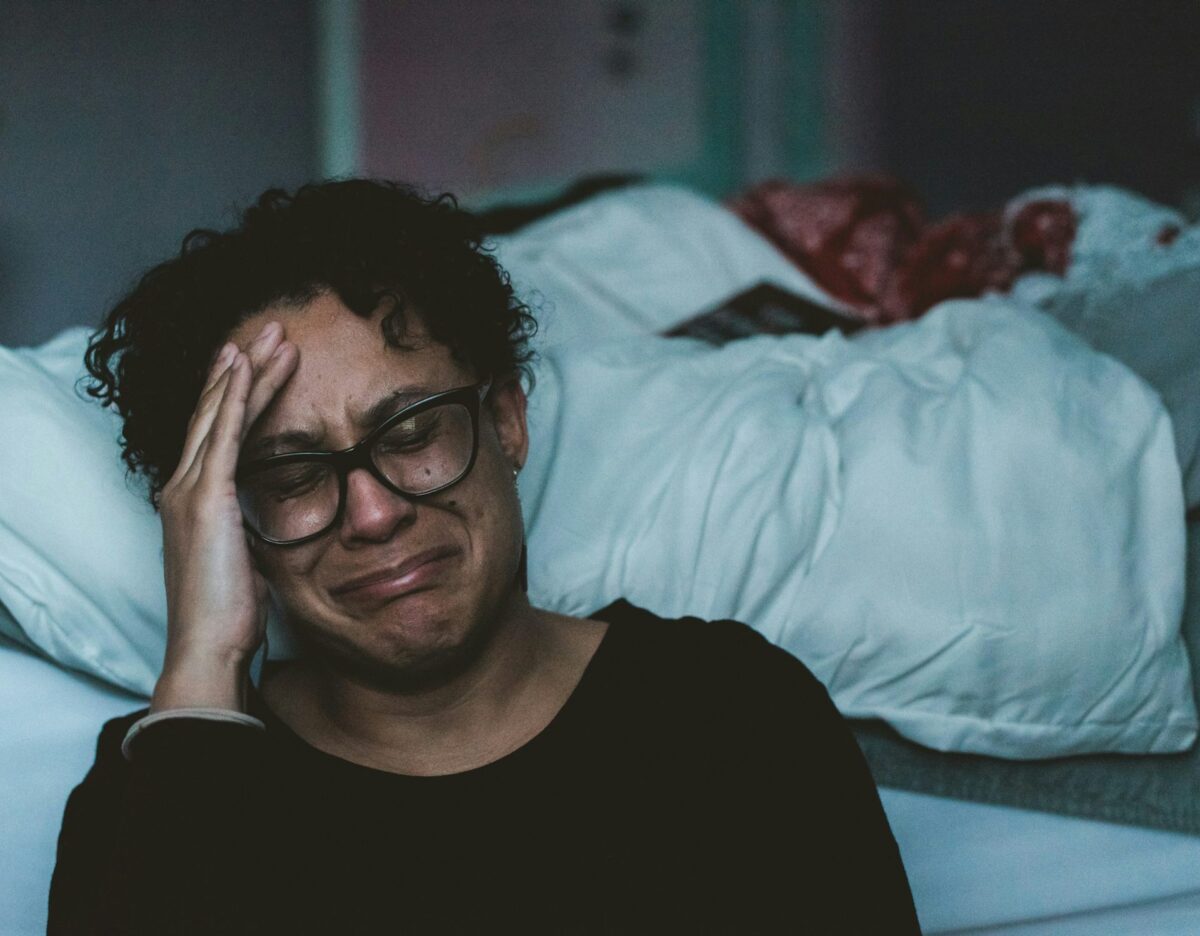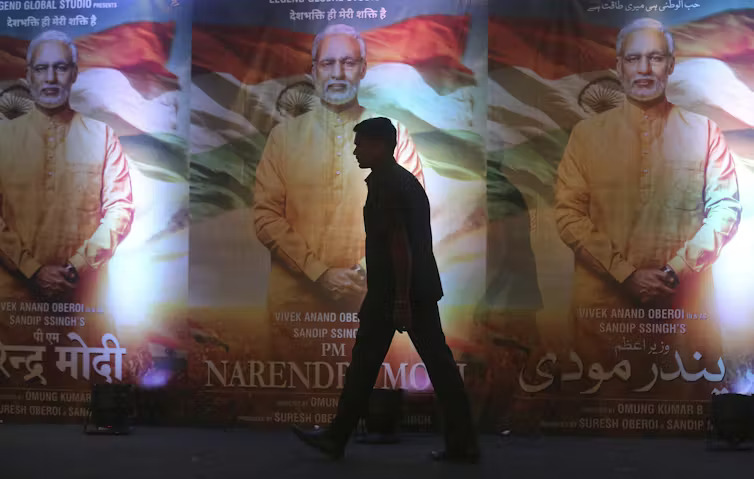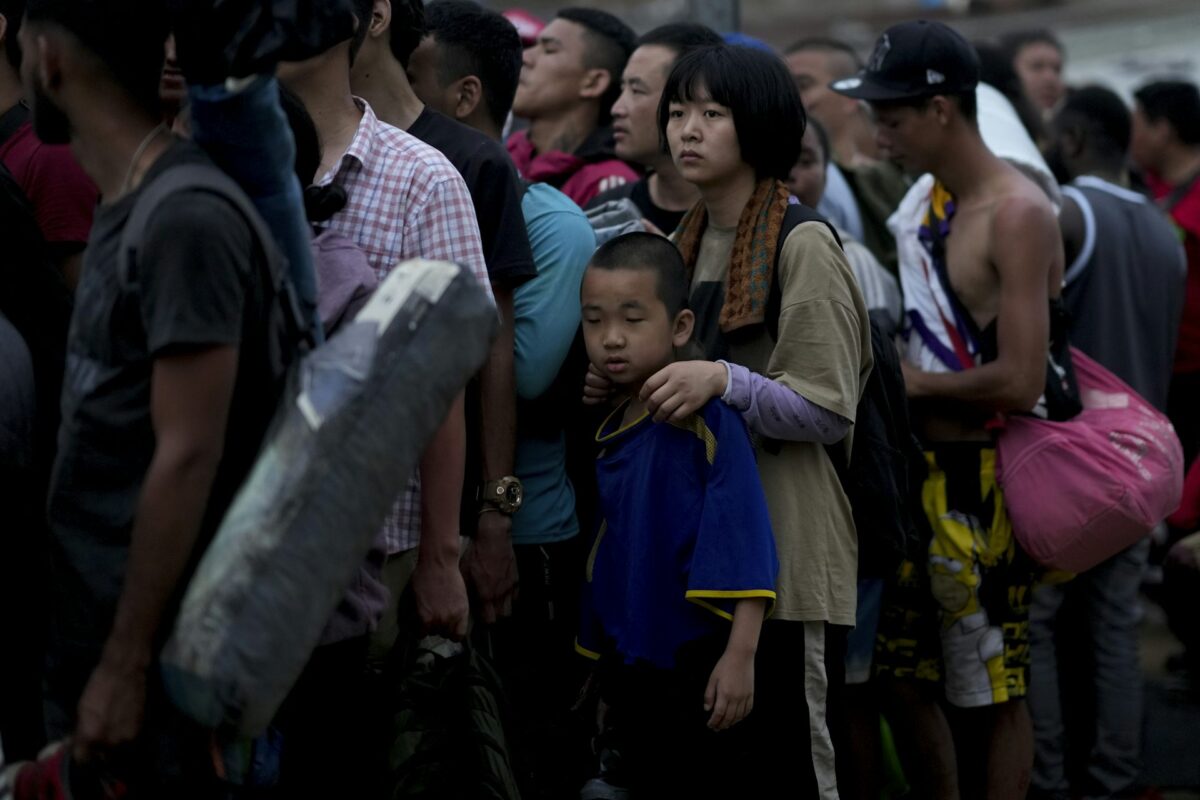In the days following last week’s election, the UMBC community has come together in a series of events to reflect on the election results through discussions grounded in social science and humanities research. Many UMBC faculty have also shared their reflections and analysis through the news media, adding context and perspective to state and national election results.
Post-election lectures on campus
On November 9, the day after the election, the UMBC School of Public Policy hosted the “2016 Post Election Forum: What Happened and Why?” John Fritze, Washington correspondent for The Baltimore Sun, joined Donald Norris, professor and director of public policy, and Thomas Schaller, professor and chair of political science. The three speakers shared observations on the results and fielded questions from a standing-room-only audience.
“This was an election of a war between two sides that in a way we had seen coming, but in a way that I don’t think we fully understood until this cycle,” explained Schaller.
He described how the growing polarization in the country can be traced back to the late 1980s and early 1990s during the Bill Clinton administration, with investigations and “attack politics.” He suggested the division carried over into the subsequent Bush and Obama administrations as they experienced transformative events, 9/11 and the economy’s collapse respectively, and that both presidents encountered difficulty in uniting the country.
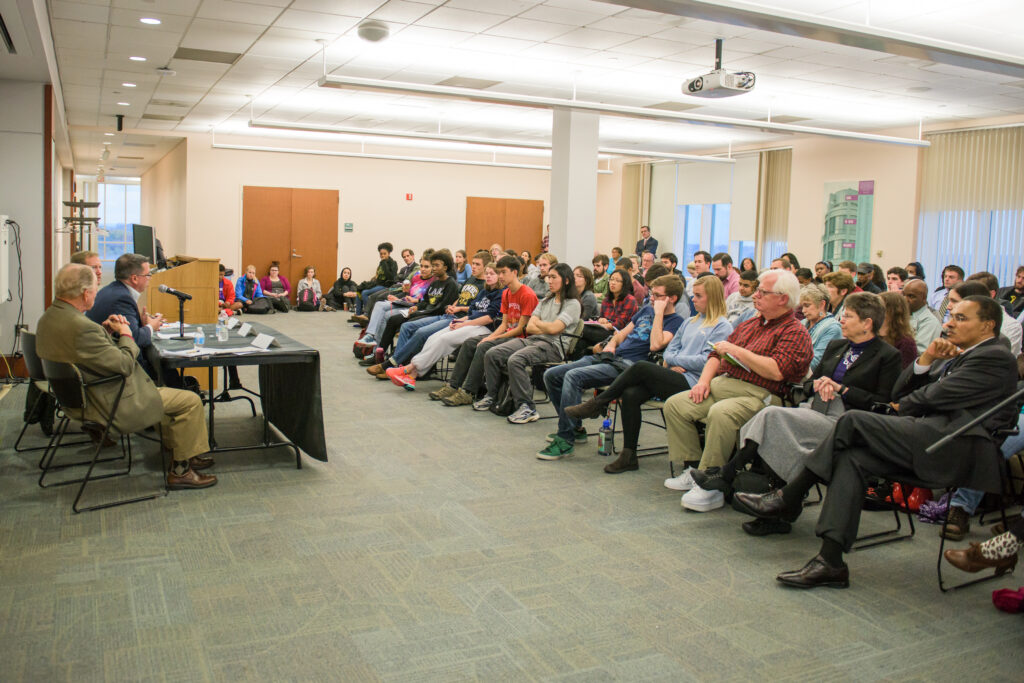
With voter turnout down only slightly from 2012, Schaller cautioned that he thinks shifting voting patterns and voter realignment won’t happen on a permanent basis. He did, however, argue that parallel narratives coming out of the election of economic dissatisfaction and race, gender, and culture are closely related. “What I would suggest to you is that these aren’t mutually exclusive narratives,” said Schaller.
Norris discussed current uncertainties about how President-elect Trump will govern, given that analysts aren’t able to look back on prior political experience or a voting record for the first-time politician, and that the future of the Republican Party is not clear.
“What we were hearing in the past couple of weeks is that the Republican Party may split and that it may have to re-invent itself,” Norris said. “Now that the Republicans have both houses of Congress and the Presidency…will this be a governing party or will it continue to be the ‘party of no’? We don’t know the answer to that, because we don’t have any evidence based on historical performance of what Donald Trump is likely to do.”
Focusing on how the election outcomes will have a local political impact, Fritze discussed how Maryland is still very much a “blue” state politically. He noted that he will be looking, over the next two years, at how perceptions of the new president and U.S. Congress could affect down-ballot races in Maryland in the future.
Later that evening, Cathy Cohen, professor and chair of political science at the University of Chicago, presented the annual W.E.B. Du Bois Lecture, organized by Africana studies on the topic “From Black Lives Matter to the 2016 Elections: The Future of Black Politics.” The Humanities Forum talk discussed the future of black politics in light of tensions surrounding the campaign, generational differences, and increasing class divisions in black communities.
Cohen is a sought-after speaker and leading scholar on topics related to women and politics, lesbian and gay politics, and social movements. She is the author of numerous academic journal articles and the books Democracy Remixed: Black Youth and the Future of American Politics (Oxford University Press 2010) and The Boundaries of Blackness: AIDS and the Breakdown of Black Politics (University of Chicago Press 1999). She is co-editor with Kathleen Jones and Joan Toronto of Women Transforming Politics: An Alternative Reader (NYU 1997).
Before a large crowd in the University Center Ballroom, Cohen’s lecture provided a thought-provoking and deep analysis of social and political issues facing many communities. “Many of our students who attended the event informed me that they enjoyed the lecture because it uplifted their spirits and gave them hope,” explained Gloria Chuku, professor and chair of Africana studies.
“For me, the lecture was fascinating and timely. Dr. Cathy Cohen meticulously wove together the intricate intersections of race, gender and class (elitism and poverty) in what she referred to as the black electoral politics and black protest politics in the face of neoliberal policies of restrictions, otherization and disinvestment in certain neighborhoods and communities,” said Chuku. “Dr. Cohen’s call for mass mobilization for multiple sites and positions of struggle aimed at achieving structural transformation of our society resonated with many who heard her lecture.”
UMBC faculty comment on the election in the media
Also on November 9, Kimberly Moffitt, associate professor of American studies, joined The Baltimore Sun podcast “Roughly Speaking with Dan Rodricks” to talk about the election and how the results can be interpreted as a backlash against President Obama. She also examined how the 2008 primary election results may have impacted Hillary Clinton’s chances at winning the 2016 election.
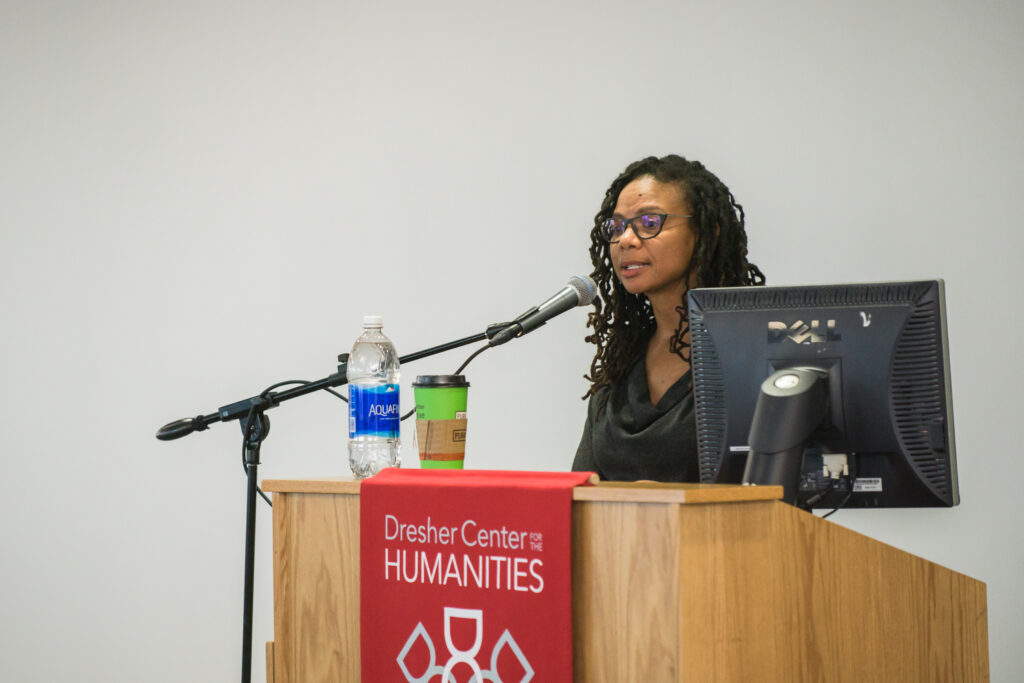
Donald Norris was an in-studio guest for WJZ-TV and provided real-time analysis as the results came in on election night. Rick Forno, assistant director of the UMBC Center for Cybersecurity, commented on trust in electoral technologies in a time of cybersecurity concerns. Marie desJardins, associate dean in the College of Engineering and Information Technology and professor of computer science, discussed what should be made of an AI tool that successfully predicted the outcome of the election.
To read and view complete media coverage of UMBC faculty voices on the election, also including John Rennie Short, professor of public policy; Brian Grodsky, associate professor of political science; George Derek Musgrove ’97, history, associate professor of history; and Elliot Lasson, professor of the practice in psychology, see below.
What’s driving voters to the polls this election? (WJZ-TV)
Interview with Don Norris (WJZ-TV)
Kimberly Moffitt talks about the Obama backlash as respresented in the vote for Donald Trump (Roughly Speaking podcast)
Post-election fight for social justice (UMB News)
The politics of de-legitimacy (U.S. Election Analysis 2016)
Dissecting the election (WNHN Radio)
Welcome? Trump’s new D.C. neighbors voted against him at historic levels (WAMU Radio)
How will the 2016 election shape the future of democracy in the U.S. and throughout the globe? (Spare Min Podcast)
Have a divided post-election workplace? Here’s how to handle it. (Washington Business Journal)
Integrity of Election Systems Was Attacked–It’s Time to Restore Trust (Newsweek)
AI tool successfully predicted Trump win; still, experts are skeptical (Tech Republic)
Next Monday, November 21 at 4 p.m., Rebecca Traister, author of The New York Times bestseller All the Single Ladies: Unmarried Women and the Rise of an Independent Nation, will present the Social Sciences Forum talk “How Did We Get Here? Women and the 2016 Election.” The event is free and open to the public.
Also on November 21, The Department of Africana Studies is organizing “Post-Election Conversations and Reflections,” which takes place 12-1 p.m. in the Fine Arts Building Room 427.
Header image: Donald Norris speaks during the 2016 Post-Election Forum at UMBC. All photos by Marlayna Demond ’11 for UMBC.
Tags: AfricanaStudies, AmericanStudies, CAHSS, DresherCenter, PoliticalScience, PublicPolicy

